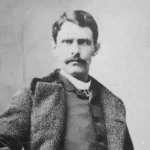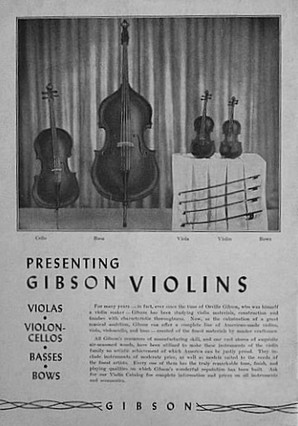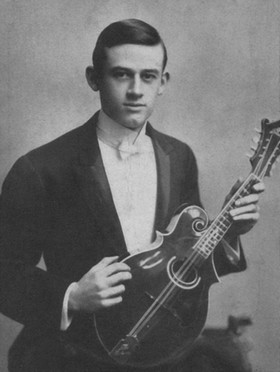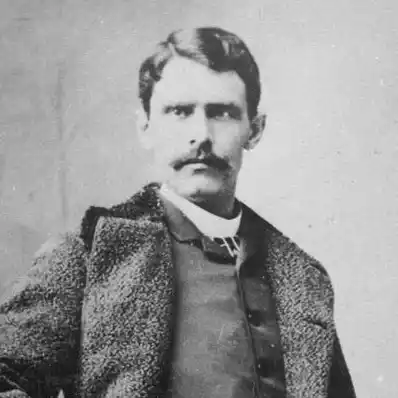
For over 100 years, Gibson has been one of the world’s greatest guitar makers. Its founder, Orville Gibson, had a profound impact on the music industry. He revolutionized the design of instruments such as mandolins and guitars.
We took a brief look at his life and the creation of the Gibson company.
Table of Contents
Early Life
Orville H. Gibson was born on May 8, 1856 in van Chateaugay, New York. He was the youngest of the family with five (brothers Orzo and Lovell, and sisters Pluma and Emma) from father John W. Gibson and mother Amy Nichols Gibson. Orville’s father was an immigrant from England and his mother Amy was from New York.
Growing up, Orville showed a keen interest in music and woodworking. He was known to be a talented singer and performed in local church choirs.
In 1881 Orville moved to Kalamazoo, Michigan, to work as a clerk in a small shoe store. In his spare time, he played the guitar. His passion for music led him to think about the design of guitars and mandolins.
The Birth of Gibson Company
In the early eighties of the 19th century, he started his own business and rented a small workshop measuring three by four meters. To get quality wood, he took apart furniture made from spruce, walnut, and cedar wood. He then built mandolins and guitars from it.
When Orville Gibson was working in his small music store in Kalamazoo in 1894, he could not yet imagine the influence of his instruments in the course of the history of music.

Orville Gibson created a completely new style of guitars and mandolins. He discovered that untreated solid and mature wood led to the best results. Inspired by violin art, he did not construct his guitars and mandolins as usual with a flat, but with a curved body.
Orville ‘tuned’ the top and back blade into a complementary resonance unit, by giving soft blows with a chisel. This time-consuming construction required more than a month per instrument. However, his designs became a resounding success immediately after their introduction in 1894.
Demand quickly reached a level Orville could no longer meet. He was forced to found a company to manufacture these instruments. Thus, on October 12, 1902, the Gibson Mandolin-Guitar Co. Ltd. was founded.
Over the next 15 years, mandolin orchestras enjoyed their heyday, and Gibson became the number one instrument manufacturer.
Orville Gibson had his own theory about the production process: He believed in a combination of manual work and machining to build as many high-quality instruments as possible. At that time, two basic principles of the Gibson philosophy were established, which still apply today:
- Employ highly qualified people who possess craftsmanship, a feeling for the instrument as well as a good musical ear.
- Use machines where the work process is repeated over and over again or for which extreme precision is required.
Later Years and Legacy
Orville Gibson’s involvement in the company that bore his name began to wane soon after its founding. Health issues, coupled with his limited role in the business operations, led Orville to step away from the Gibson Mandolin-Guitar Manufacturing Company in 1911.
He sold his shares in the company and moved to Ogdensburg, New York, where he lived a quiet life until his death in 1918.
A year after the death of Orville Gibson, the mandolin virtuoso, composer and acoustic engineer Lloyd Loar joined Gibson Mandolin-Guitar Co. Ltd.

Despite Orville’s short tenure with the company, it was his innovative designs and vision for high-quality musical instruments that made Gibson a household name. Gibson continues to thrive, remaining true to its founder’s commitment to the quality of its instruments.
Gibson guitars have been used by legends such as B.B. King, Les Paul, Eric Clapton, and Jimmy Page, among many others.
